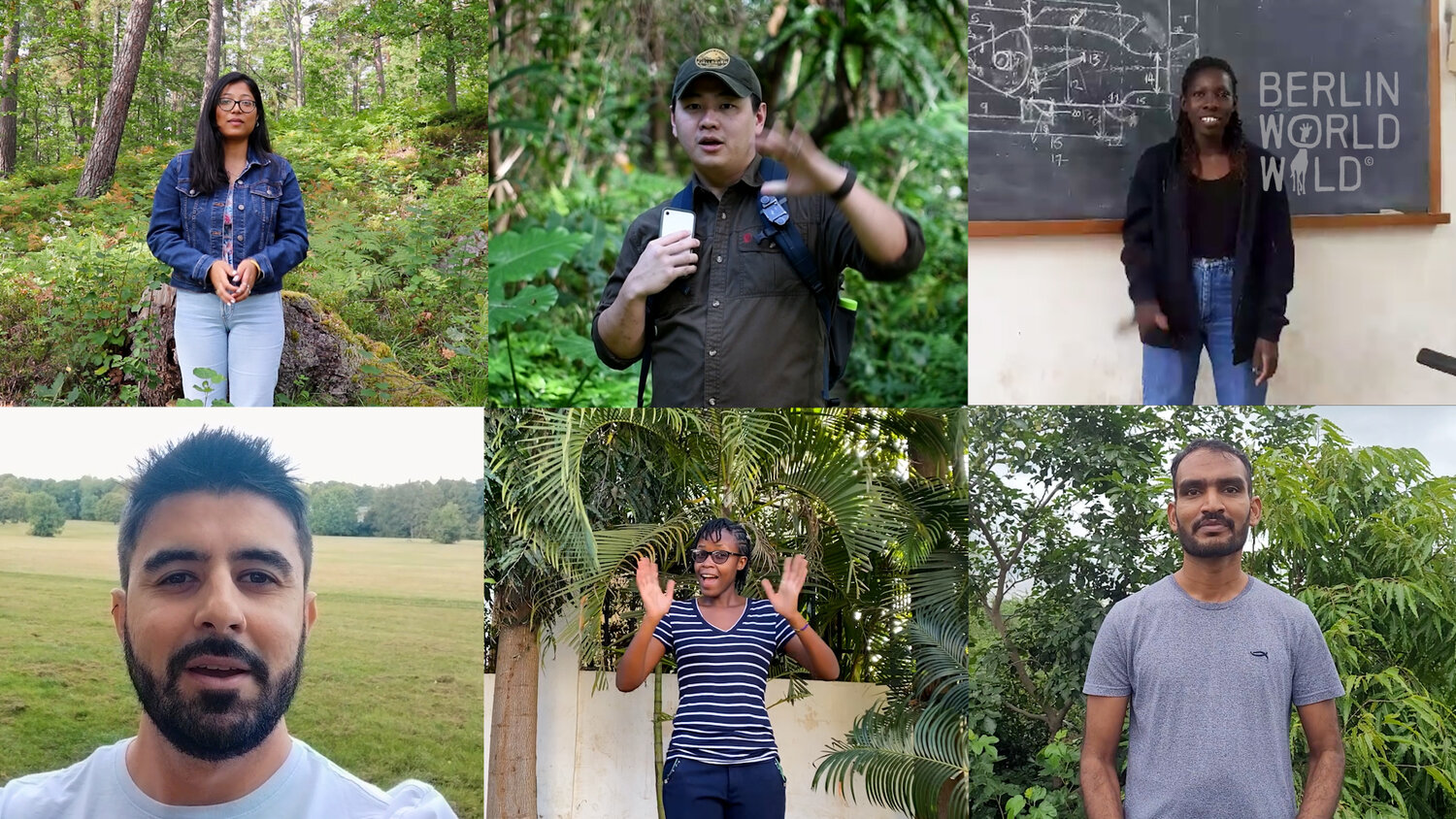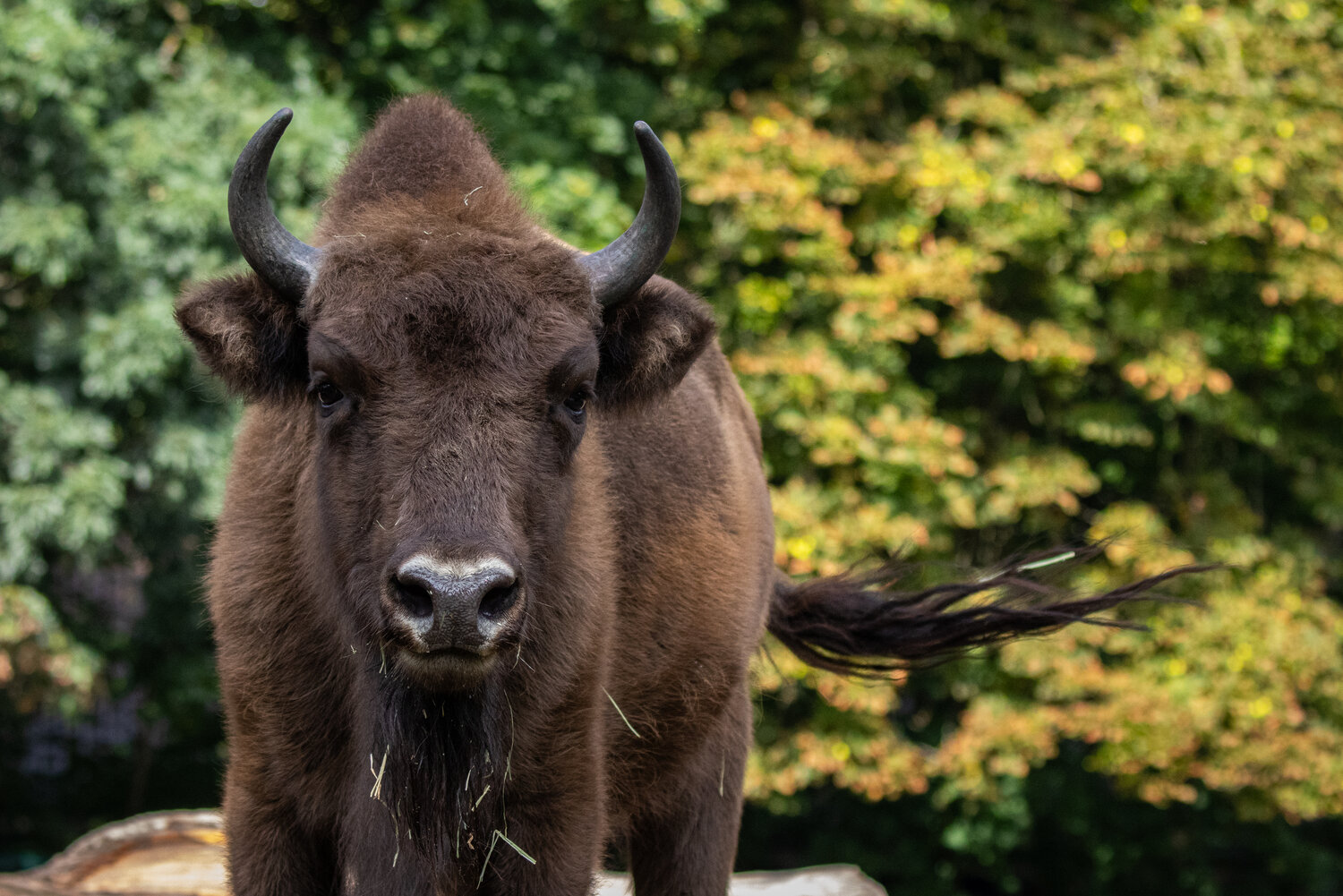Biodiversity is precious to our planet and plays a crucial role in maintaining balance in the natural world. It also has an important economic function, as it forms the basis of essential ecological processes such as pollination, water storage and air quality regulation. In a recently published position statement, the International Union for Conservation of Nature (IUCN) highlights the important role played by botanical gardens, aquariums and zoos in species conservation. As progressive zoological institutions, Zoo and Tierpark Berlin are committed to environmental education and species conservation both in and outside natural habitats. At the same time as the IUCN position statement was published, Berlin’s zoological gardens were launching their new international species conservation scholarship.
Earth is home to countless differerent animal and plant species, but this diversity is under threat: humans are currently responsible for the greatest mass extinction since the dinosaurs died out. But there are ways to turn the tide of this global disaster. In its new position statement, the IUCN – which has more than 1,400 member organisations – states that zoological institutions contribute significantly to species conservation, but that this role is often under-valued. The IUCN emphasises the key role played by scientific zoos and aquariums in conservation, research and education, not only through keeping rare and threatened species, but also by actively engaging in environmental education and implementing measures to protect and reintroduce wildlife in natural habitats. As an NGO, Zoologischer Garten Berlin AG has been a full IUCN member since 2022. It thus belongs to a select circle of IUCN members in Germany, which also includes the Federal Ministry for the Environment (BMUV), the Federal Agency for Nature Conservation (BfN) and other NGOs like the Nature and Biodiversity Conservation Union (NABU).
“Our commitment to protecting endangered species and preserving biodiversity is at the very core of our mission,” says Zoo and Tierpark Director Dr Andreas Knieriem. “Zoo Berlin is proud to lead by example and to foster the next generation of conservationists.”
The new international biodiversity scholarship is designed to offer targeted support to young conservationists concerned with the long-term protection of endangered species and habitats. “We not only offer financial support to scholarship holders, we also use our global reach to provide them with a platform and make their commitment more visible", says Knieriem.
An introduction to the seven scholarship holders and their projects in, for example, Tanzania, India and Brazil can be found here: zoo-berlin.de/scholarship.
Through their Berlin World Wild conservation programme, Zoo, Aquarium and Tierpark Berlin play an active role in more than 35 projects around the globe, from Madagascar to the Arctic. The programme has funding of around €2 million and focuses on environmental education, habitat protection and species conservation research.
Background: International Union for Conservation of Nature
The IUCN is the oldest and largest international conservation organisation. It has a special status among conservation organisations; since 1999 it has even had observer status with the UN General Assembly. The IUCN’s members are governments and civil society organisations united under the common goal of protecting nature and conserving life on Earth. Alongside the Federal Ministry for the Environment (BMUV), German members include the Federal Agency for Nature Conservation (BfN), German Development Cooperation (GIZ), and more than 20 NGOs. The IUCN’s Red List of Threatened Species provides an inventory of the global conservation status and extinction risk of biological species, drawn up by experts on the basis of all relevant and accessible data. The Red List gives an indication of the state of biodiversity and is an important political tool for furthering nature conservation.

